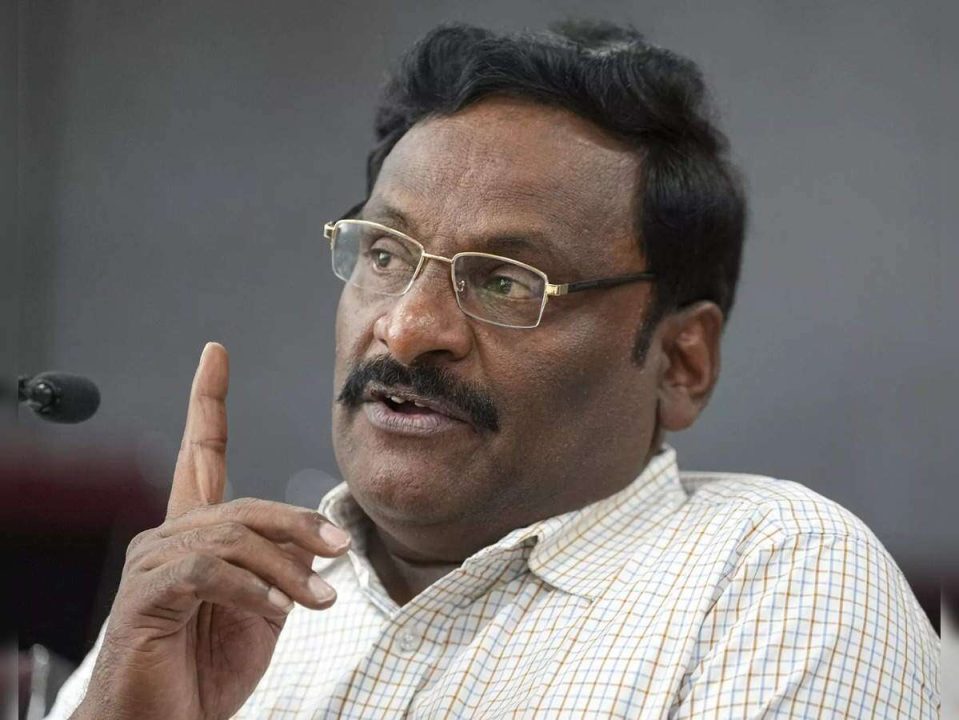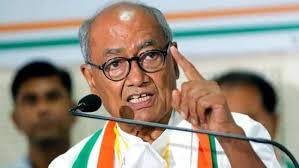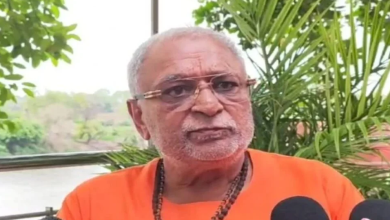Former DU Prof G.N. Saibaba says he doesn’t know how he survived in jail
 New Delhi: Former professor of Delhi University G.N. Saibaba has said that he doesn’t know how he survived in jail.
New Delhi: Former professor of Delhi University G.N. Saibaba has said that he doesn’t know how he survived in jail.
According to Kashmir Media Service, he was arrested in 2014 for his alleged links with Dalit Maoist struggle related to human rights violations in India.
Prof Saibaba confessed in a recent interview, reflecting on his ordeal during his years of incarceration. His time in prison was marked by deteriorating health and limited access to medical care, raising concerns over treatment of differently-abled inmates in Indian jails.
The saga of G.N. Saibaba, a former professor at Delhi University, is one that echoes the struggles of many dissenters and activists in contemporary India. Saibaba’s journey through the corridors of justice has been fraught with challenges, marked by allegations of state persecution and human rights violations.
“I don’t know how I survived,” Saibaba confessed in a recent interview, reflecting on his ordeal during his years of incarceration. His time in prison was marked by deteriorating health and limited access to medical care, raising concerns over treatment of differently-abled inmates in Indian jails.
Saibaba’s case sheds light on broader issues within India’s penal system, including overcrowding of jails, lack of healthcare facilities, and inadequate provisions for persons with disabilities.
Despite his acquittal, Saibaba’s battle for justice is far from over. In a candid statement, he expressed a lingering sense of trauma and alienation, suggesting that the scars of his imprisonment may never fully heal. His experience serves as a stark reminder of the challenges faced by activists and dissenters in navigating India’s legal landscape, where the line between legitimate dissent and criminal activity often blurs.
The implications of Saibaba’s case extend beyond the realm of individual justice; they speak to broader questions about civil liberties and the rule of law in India. The targeting of activists and intellectuals under stringent laws point to the shrinking space for dissent and the erosion of democratic values.
Saibaba’s acquittal serves as a testament to the resilience of the human spirit in the face of adversity. It also underscores the urgent need for systemic reforms to safeguard constitutional freedoms and ensure the fair administration of justice.
As Saibaba emerges from the shadows of his past, his story serves as a rallying cry for human rights defenders and advocates of justice. It prompts us to reflect on the fragility of our democratic institutions and the imperative of upholding the principles of equality and fairness for all citizens.
Saibaba was arrested in 2014 for his alleged links with Maoist insurgents. His subsequent conviction in 2017 drew international attention and condemnation, with human rights organisations saying that a lack of due process and fairness in his trial. However, it was the Bombay High Court’s intervention that eventually paved the way for his release.
The court’s decision to overturn Saibaba’s conviction not once, but twice, underscored significant flaws in the initial legal proceedings. The court highlighted discrepancies in the prosecution’s evidence and raised questions over the credibility of witnesses, ultimately leading to Saibaba’s acquittal. This not only brought relief to Saibaba and his supporters but also reignited debates over the misuse of anti-terrorism laws to target dissenters.








